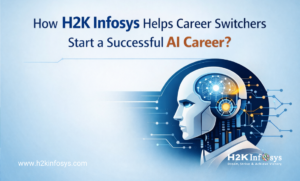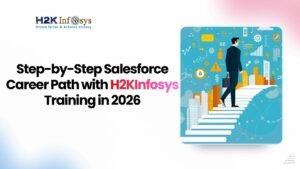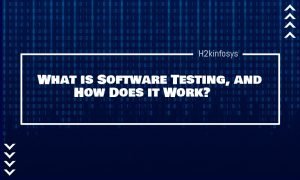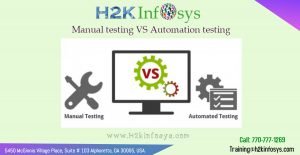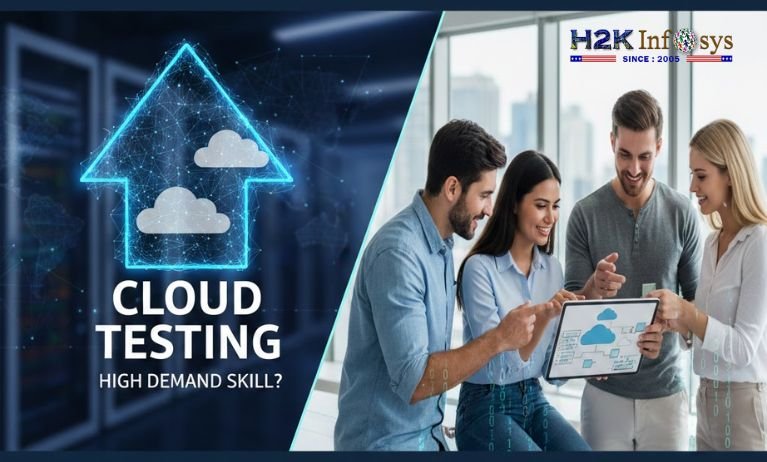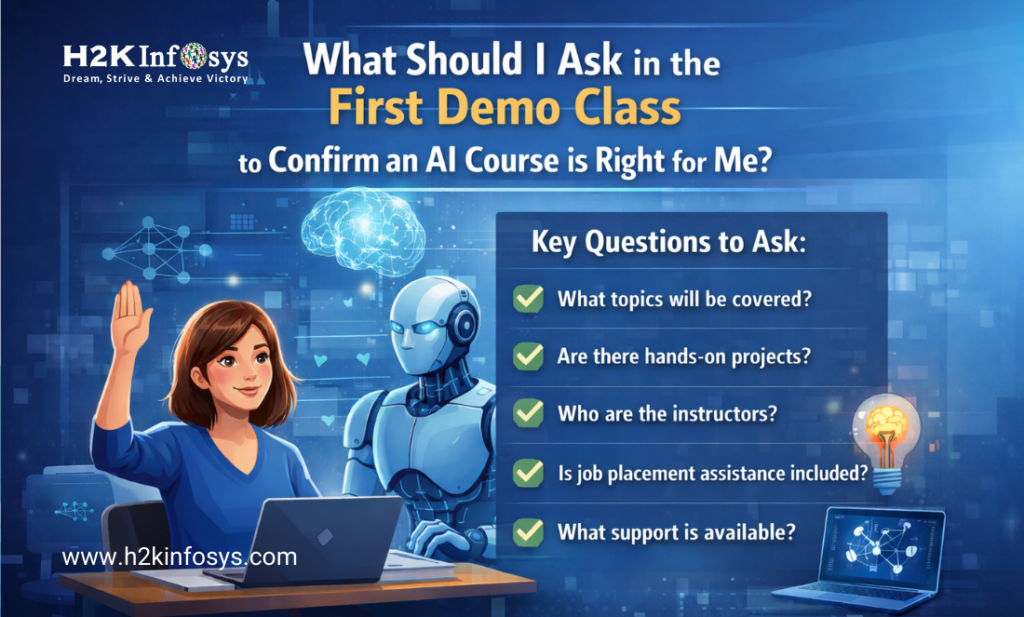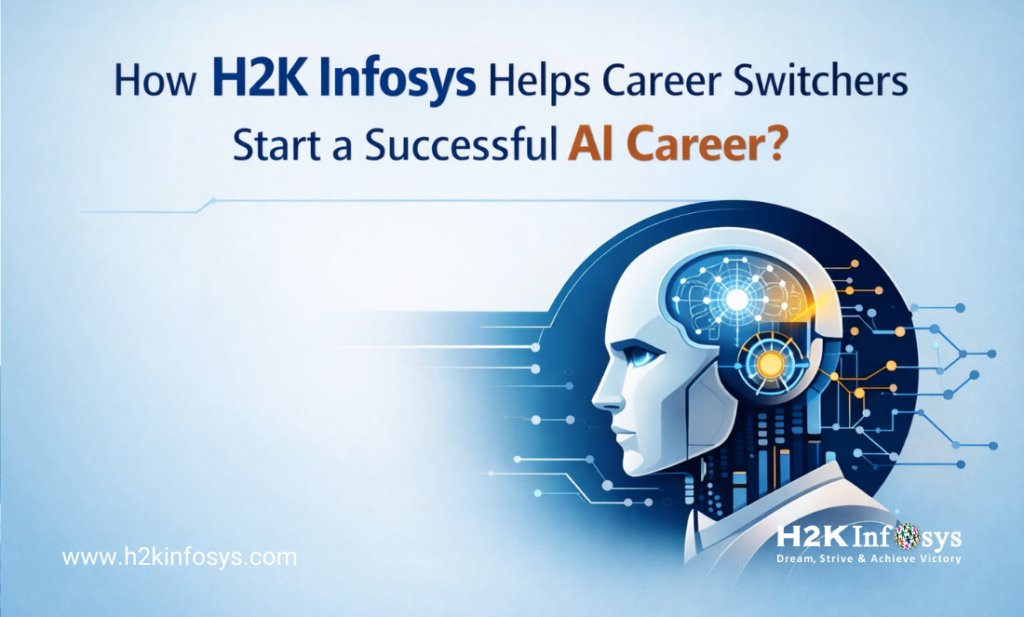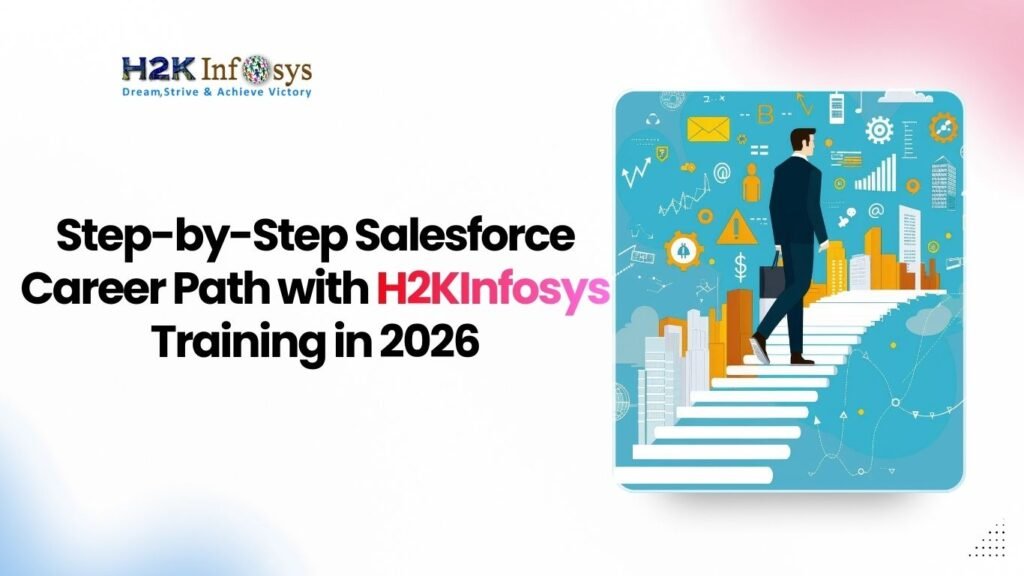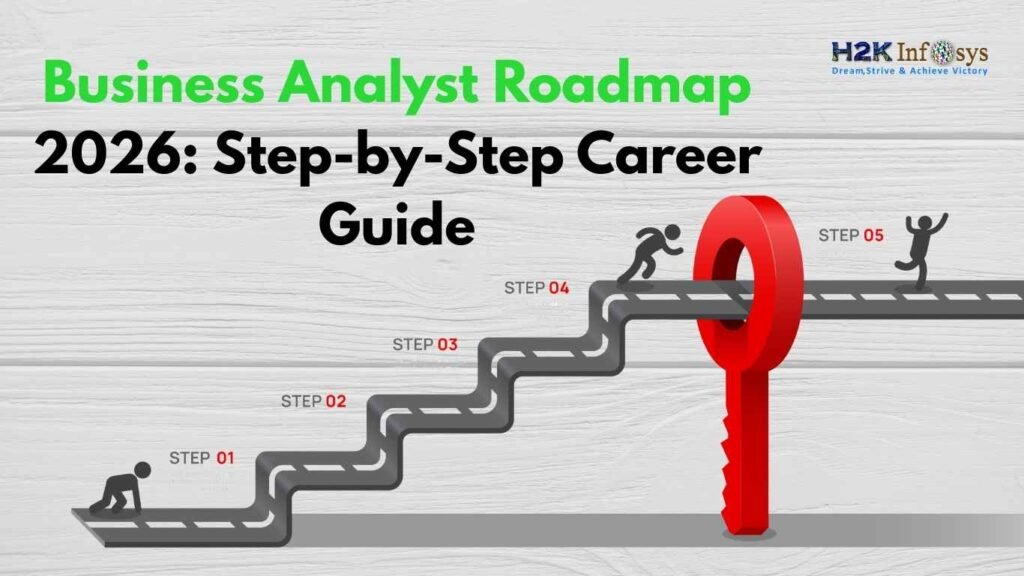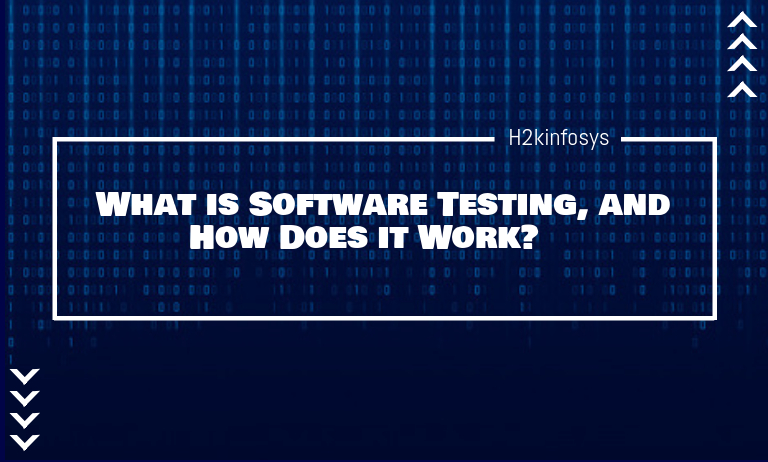Introduction: Why DevOps is a Game-Changer
In today’s tech-driven world, fast and reliable software delivery is key. Businesses are shifting to DevOps to bridge the gap between development and operations. If you’re just starting out and wondering how to begin, you’re not alone. With the right DevOps Training and guidance, anyone can learn this in-demand skill. Whether you’re from a tech background or transitioning from a non-technical role, learning DevOps from Scratch offers a clear, structured path toward a successful career in IT.
What is DevOps?
DevOps is a combination of “Development” and “Operations.” It promotes a culture where software developers and IT operations work closely to automate and streamline the software delivery process. This includes continuous integration (CI), continuous delivery (CD), infrastructure as code (IaC), automated testing, and monitoring.
Why Choose DevOps as a Career?
Here are some compelling reasons to consider DevOps from Scratch as your entry point into IT:
- High Demand: The demand for DevOps professionals is growing rapidly.
- Attractive Salaries: DevOps engineers command high salaries.
- Career Growth: Opportunities range from DevOps engineer to cloud architect.
- Versatile Skill Set: Learn a mix of coding, automation, cloud, and system management.
According to a report by LinkedIn, DevOps engineer roles are among the top five emerging jobs worldwide.
Why Start Learning DevOps Today?
High Demand and Salaries
According to Glassdoor, the average DevOps engineer salary in the US is $125,000+ per year. Learning DevOps from Scratch positions you for high-paying roles.
Career Flexibility
DevOps roles apply across industries like finance, healthcare, e-commerce, and more. Starting DevOps from Scratch opens doors to multiple sectors.
Real-World Relevance
Companies are rapidly adopting DevOps to stay competitive. If you know it, you’re job-ready. That’s why learning DevOps from Scratch is more relevant than ever.
Short Learning Curve with the Right Path
With guided DevOps training and certifdevops training and certificationication, even non-developers can switch to DevOps roles.
Skills You Need to Learn DevOps from Scratch
You don’t need to be a coding expert to start, but here are the essential areas to focus on if you’re learning DevOps from Scratch:
Operating Systems
- Learn Linux basics—file system, shell commands, permissions.
Networking Basics
- Understand ports, IP, DNS, firewalls, etc.
Scripting
- Start with Bash or Python—useful for automation.
Version Control
- Master Git: pushing, pulling, branching, merging.
Continuous Integration/Continuous Deployment (CI/CD)
- Learn CI/CD concepts and basic pipelines.
Cloud Fundamentals
- Basics of AWS, Azure, or Google Cloud.
DevOps Automation Tools
- Jenkins, Docker, Kubernetes, Ansible, Terraform, Prometheus, and more.
Step-by-Step Guide: How to Start Learning DevOps from Scratch
Step 1: Understand the Basics of DevOps
Before diving into tools and practices, understand why DevOps matters. Start your journey of DevOps from Scratch by learning:
- Software Development Life Cycle (SDLC)
- Agile methodologies
- Continuous Integration/Continuous Deployment (CI/CD)
Step 2: Learn a Programming Language
You don’t need deep coding knowledge, but basic scripting helps. Learning DevOps from Scratch includes:
- Python (widely used and beginner-friendly)
- Bash (useful for shell scripting)
Example:
#!/bin/bash
echo "Automating deployment tasks"Step 3: Master Operating Systems and Networking
DevOps engineers often work with Linux servers. Learn:
- Basic Linux commands
- File system structure
- Process management
- Networking fundamentals
Step 4: Explore Version Control Systems
Git is the most popular version control tool. Understand how to:
- Clone repositories
- Commit and push changes
- Merge branches
Example:
git clone https://github.com/example/project.gitStep 5: Learn Continuous Integration and Continuous Delivery (CI/CD)
Master tools like Jenkins to automate testing and deployment.
Basic Jenkins pipeline example:
pipeline {
agent any
stages {
stage('Build') {
steps {
echo 'Building...'
}
}
stage('Test') {
steps {
echo 'Testing...'
}
}
stage('Deploy') {
steps {
echo 'Deploying...'
}
}
}
}Step 6: Get Familiar with Infrastructure as Code (IaC)
Tools like Terraform and Ansible help manage infrastructure through code.
Terraform example:
resource "aws_instance" "web" {
ami = "ami-0c55b159cbfafe1f0"
instance_type = "t2.micro"
}Step 7: Understand Containerization and Orchestration
Learn Docker for creating lightweight containers and Kubernetes for managing them at scale.
Basic Dockerfile:
FROM python:3.8-slim
COPY . /app
WORKDIR /app
RUN pip install -r requirements.txt
CMD ["python", "app.py"]Step 8: Learn Monitoring and Logging
Tools like Prometheus and Grafana help track system performance. Logging tools like ELK stack help troubleshoot issues.
Step 9: Practice with Real Projects
Apply your knowledge through hands-on projects:
- CI/CD pipeline for a web app
- Dockerized app deployment
- Infrastructure setup using Terraform
Step 10: Enroll in DevOps Training Online
Enroll in a structured DevOps course online that offers:
- Hands-on labs
- Real-world projects
- Mentorship and guidance
- DevOps training with placement support
Best Way to Learn DevOps Online
Why Choose DevOps Online Training?
- Flexibility: Learn at your pace, from anywhere.
- Live Projects: Apply concepts in real-world simulations.
- Mentorship: Get support from instructors and peers.
- Job-Focused Curriculum: Prepares you for interviews and actual roles.
At H2K Infosys, our DevOps online course is designed for beginners. You’ll learn everything from the basics to advanced automation tools with real-time practice and career support.
Key DevOps Automation Tools to Master

| Tool | Purpose |
|---|---|
| Git | Source code management |
| Jenkins | Build automation & CI/CD |
| Docker | Containerization |
| Kubernetes | Orchestration |
| Ansible | Configuration management |
| Terraform | Infrastructure as Code |
| Prometheus/Grafana | Monitoring and dashboards |
| Nexus/Artifactory | Artifact repositories |
| ELK Stack | Logging & visualization |
Learning these tools in a DevOps bootcamp online will fast-track your progress.
Benefits of Enrolling in H2K Infosys DevOps Online Training
At H2K Infosys, we offer the best DevOps training online tailored for beginners and experienced professionals alike. Here’s what sets us apart:
- Comprehensive Curriculum: Covers DevOps automation tools like Jenkins, Docker, Kubernetes, Ansible, Terraform, and AWS.
- Experienced Instructors: Learn from industry experts with real-world experience.
- Flexible Learning: Access courses anytime, from anywhere.
- Hands-On Learning: Build real-time projects and gain practical skills.
- DevOps Certification: Boost your credibility and resume.
- Placement Assistance: Get guidance on resumes, mock interviews, and job placements.
Key Takeaways
- DevOps is essential for modern software delivery.
- You can learn DevOps from Scratch even without a technical background.
- Start with basic concepts, then build technical skills step-by-step.
- Learn tools like Git, Jenkins, Docker, Kubernetes, Terraform, and AWS.
- Practice regularly with hands-on projects.
- Join a DevOps training and certification program for guided learning and career support.
Conclusion
Ready to build a career in DevOps? Enroll in H2K Infosys’ DevOps online training today and gain the skills needed to succeed in real-world IT environments.
Unlock your DevOps potential, join H2K Infosys now for expert-led, hands-on training with job placement support.











